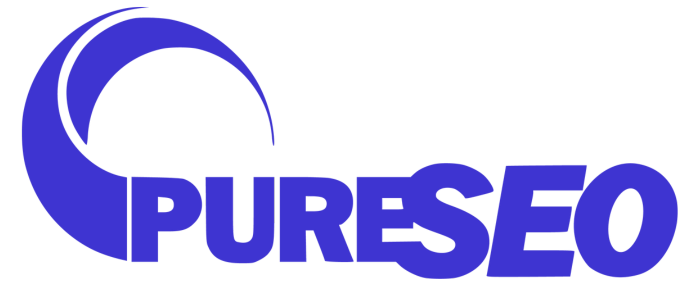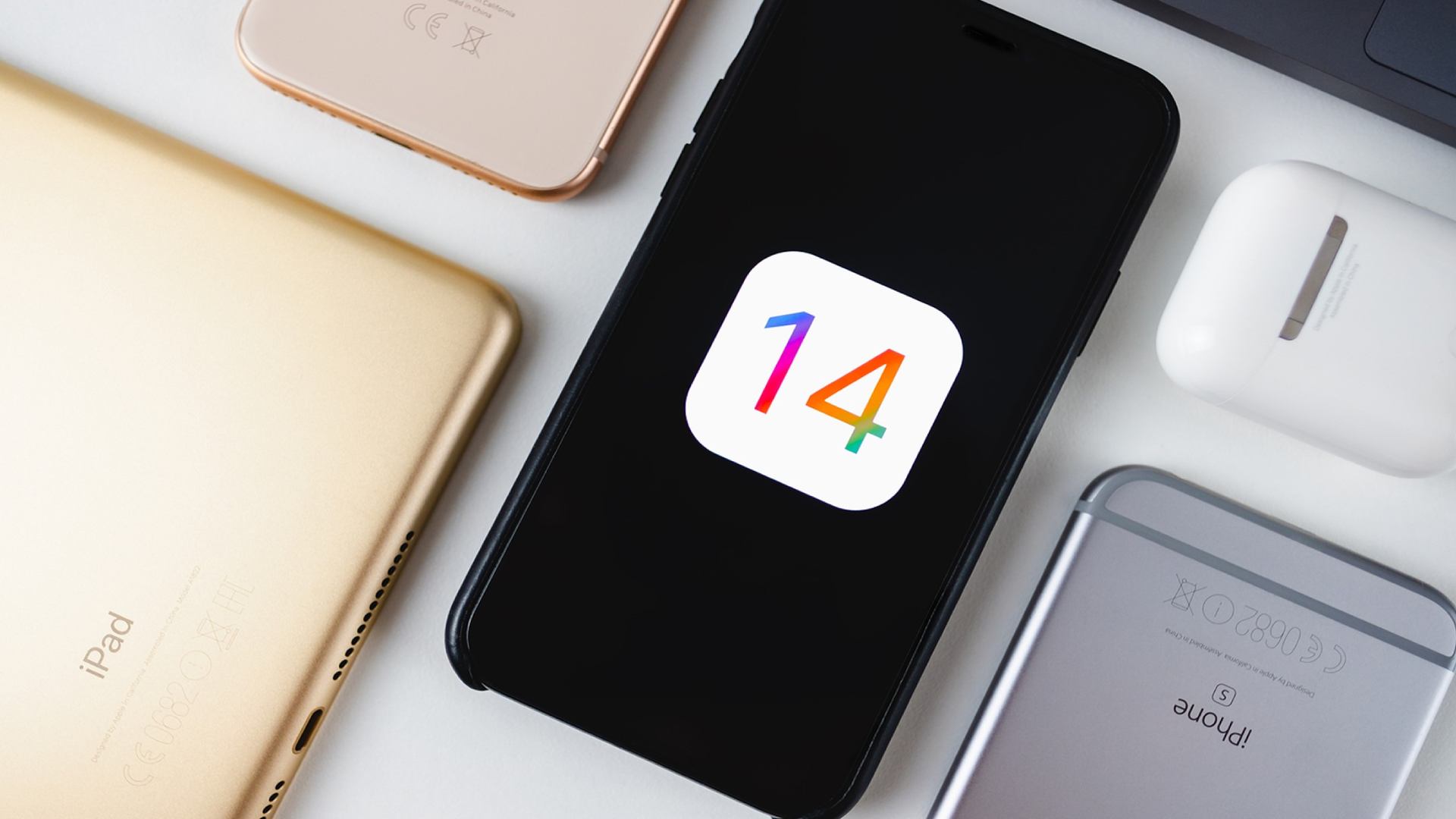What is Local SEO?
Unlike an average SEO campaign, local SEO is an online marketing technique that targets local customers with catered, timely content about products and services. It is extremely important for small businesses to strengthen their digital presence so local customers can find them online and help their business flourish.
Your business is discovered on your customer’s terms, meaning that the way you approach them should be different as well. Let’s explore local SEO!
Why does Local SEO matter?
Only 20% of adults are getting their news from traditional sources like print newspapers, with more and more people getting recommendations for local businesses from the internet instead.
Think about it. Every time you think to purchase a product or a service, you will naturally include a Google search to see what’s out there. However, if you live in the northern part of a city, you won’t be very willing to go to the opposite side of town, as it makes more sense for you to opt for a business that’s closer and more accessible.
But with the endless businesses out there offering similar products and services, how can you make sure your company stands out from the crowd?
4 Strategies to improve your Local SEO
Local SEO should be handled differently from an average SEO
campaign due to its geo-specific nature, and must be detailed, traceable and relevant.
This guarantees that your company will be found by potential local customers
instead of just disappearing into the background of other similar companies out
there.
Here are 4 strategies you can use to help improve your local SEO:
Optimise Your Google My Business Listing
The easiest way to manage your online presence locally is to use Google My Business. This improves local search rankings by making your business easier to locate online. Utilising factors such as relevance, distance, and prominence, Google can determine how your business looks and performs online.
The service is free and easy to use. Just set up a page, and verify your business information – opening hours, a working website link and a physical address.
Remember! Provide as much data as possible and keep all
your information up to date so you can maintain your spot and have potential
customers find you with ease.
Find out more with our in-depth guide on How to Optimise Your Google My Business Listing.
Know Your Customers
Find out who your customers are and what they’re searching for with keyword research, so you can cater your unique selling proposition (USP) towards the local audience.
Instead of targetting broad keywords like “duvet covers”, you can better promote your unique product with long-tail keywords such as “100% cotton mattress topper”. This will help build a clear niche in the market so your products can stand out amongst the rest.
Nurture your reputation
Good feedback is a sure-fire way to boost your reputation, and at least 80 to 90 per cent of customers check online reviews before making a purchase. In addition, local reviews have a direct impact on local search rankings, so make sure your customer service is top-notch.
An easy way to get feedback would be to contact existing customers and see if they would be interested in leaving a review in exchange for a discount voucher on their next purchase. Alternatively, using a feedback form would also be a great way to hear back from your patrons, especially if they want to remain anonymous. Maintaining a good relationship with your customers is essential, as every positive review your business receives is a vote of confidence towards your brand.
Networking with local industry leaders will also help to boost credibility, and any mention or link from local bloggers and influencers will significantly increase traffic to your website. With the highest conversion level of all local advertising channels, paying attention to link-building can offer a high return on investment by building up your reputation – likely because people tend to trust the opinions of others, especially if they’ve used the product or service of a business before.
Ultimately, it pays to nurture amicable relations with those who can be beneficial to you in the long run.
Be consistent
Ensure that your company name, address, phone number, and other relevant information are posted in an identical fashion across your platforms so search engines can better direct potential customers to your business. Plus, in Google’s eyes, consistency signals legitimacy, i.e. consistent information gives Google the confidence to put forward your information to its users.
And from a customer perspective, consistency ensures that your company is perceived /as a meticulous and well-organised brand.
Create unique and relevant content
If your business has a number of locations across the country, or even across the city, it pays to create unique and relevant content for your location pages to help you target geo-related search terms. Adding good, relevant content makes Google happy and increases site value, so be sure to include the long-tail keywords that resonate with the niche market that you want to target.
Additionally, potential local customers are more likely to click on good and engaging content that is locally relevant. Not only are blog posts good for improving keyword rankings, but they’re also a good way for your users to learn more about your brand and what you can offer.
We can help!
Get in touch today to learn about our local SEO services and what we can do for you.
















